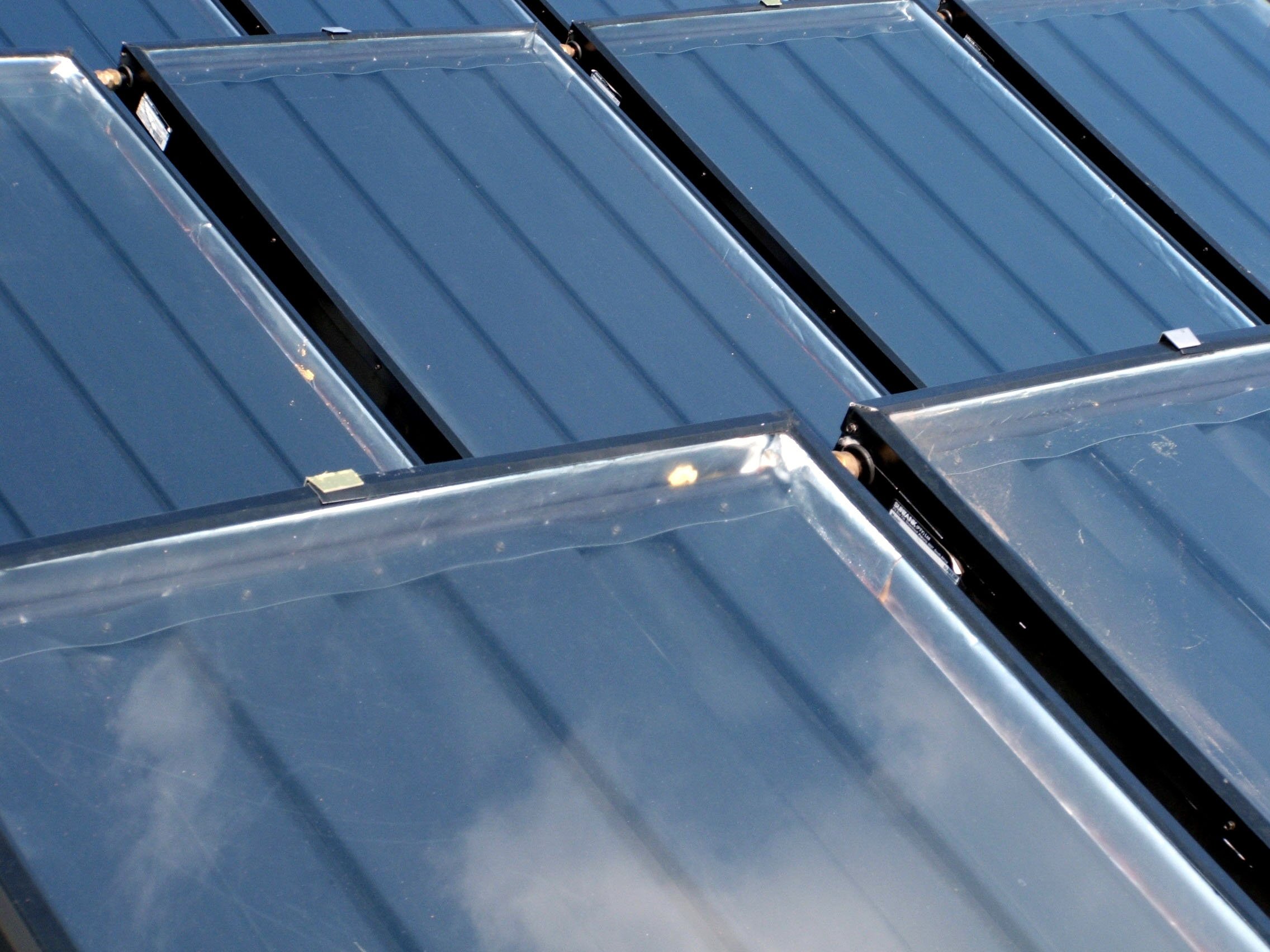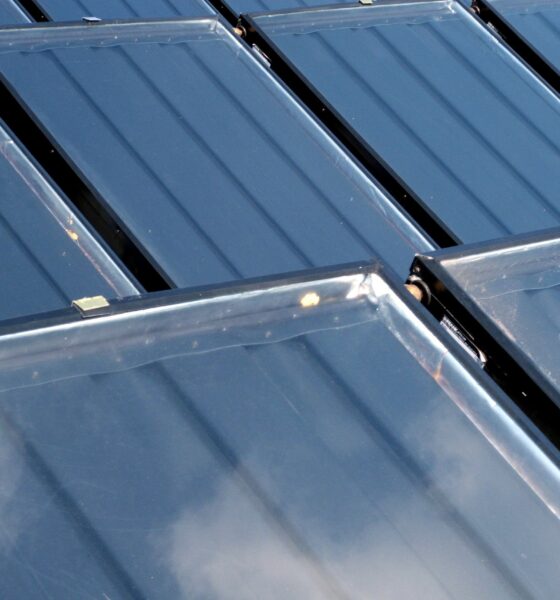

Features
Community renewables: creating sustainable wealth with values
I have been an avid watcher of the community energy sector and personally did a lot of the preparatory work into a community wind turbine, which unfortunately never came to fruition, a few years back. This did, however, put me in good stead to analyse other projects.
This year has seen a subtle change in the scale of projects that retail investors (you and I) can personally invest in, and their impact. There are many different reasons to invest, but I suspect most investors just want a half-decent return with an ethical feel to it.
There are social impact funds, manifestos, government initiatives and secondary platforms offering advice and insight on this engaging sector, but only a few primary practitioners involved at a meaningful level.
Europe has led the way with community ownership of low-carbon technologies, and up to now, the community energy model in the UK has been geographically tied to where you live.
If the community you lived in decided, through goodwill and hard honest work, to have solar panels, a heat pump or a wind turbine, then you were asked to join and contribute for a ‘social return’. But what happens if you didn’t live in that community, or the area you lived in was poor for PV, wind or heat pumps?
When Westmill Solar Co-oeprative looked to retail investors to raise £4m in order to purchase a one-year-old solar farm on its land, it received £6m in applications. Interestingly, only 15% lived within 7km of the solar farm. Other investors came from the UK low-carbon community.
Meanwhile, Drumlin Wind Energy Co-operative is just closing an offer on financing five large wind turbines in Northern Ireland, but the offer is open to all. That’s fine by me – I’m paying for these turbines through my increased utility bill, so I might as well get a 20-year return somewhere around the 7-8% level.
There is another co-operative called Generation Community, which actively seeks projects in low-income areas, with high fuel poverty levels. For my £1,000 investment in the its Newport Solar share offer, I will purchase approximately three solar PV panels and contribute to the inverter and installation. This results in a net electricity saving to the fuel poor households of £40 per annum, as well as carbon savings of 268kg per annum, reducing reliance on fossil fuels in the UK.
For my part, I get a projected 7% annual return. There are tax reliefs to be had as well, though the Enterprise Investment Scheme. As Gen Community is not geographically tied to one specific area, I look forward to its next share offer, when I can make an impact investment outside of my native Wimbledon.
Finally, it seems we’ve made progression on community ownership of our precious energy supply.
Will Richardson is managing director of environmental management consultancy firm, Green Element. This piece originally featured on Green Element’s blog.
Further reading:
Construction begins on milestone community wind project in Northern Ireland
‘World’s largest solar co-op’ confirms park purchase
Manifesto published to accelerate ‘community energy revolution’


 Environment12 months ago
Environment12 months agoAre Polymer Banknotes: an Eco-Friendly Trend or a Groundswell?

 Features11 months ago
Features11 months agoEco-Friendly Cryptocurrencies: Sustainable Investment Choices

 Features12 months ago
Features12 months agoEco-Friendly Crypto Traders Must Find the Right Exchange

 Energy11 months ago
Energy11 months agoThe Growing Role of Solar Panels in Ireland’s Energy Future


























